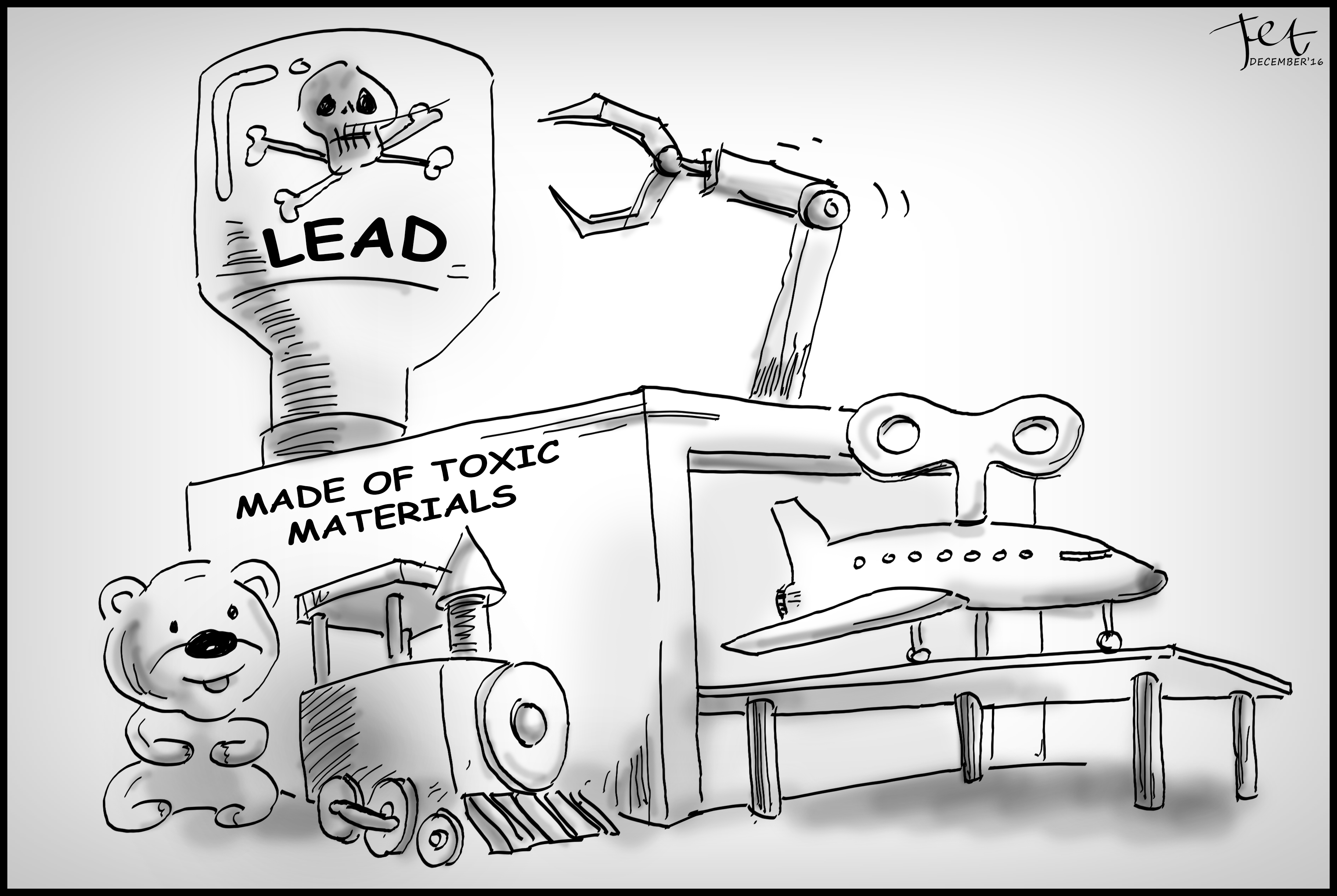
[av_one_full first min_height=” vertical_alignment=” space=” custom_margin=” margin=’0px’ padding=’0px’ border=” border_color=” radius=’0px’ background_color=” src=” background_position=’top left’ background_repeat=’no-repeat’ animation=”]
[av_heading tag=’h3′ padding=’10’ heading=’Good news: Free irrigation for farmers ‘ color=” style=’blockquote modern-quote’ custom_font=” size=” subheading_active=’subheading_below’ subheading_size=’15’ custom_class=”][/av_heading]
[av_textblock size=” font_color=’custom’ color=’#0a0a0a’]
Thursday, December 29, 2016
[/av_textblock]
[av_textblock size=” font_color=’custom’ color=’#0a0a0a’]
THE BUSY and noisy holiday season has perhaps drowned out one very important — and very good — news to Filipinos, most especially Western Visayans. We are referring to the government subsidy on the irrigation service fees (ISF) being paid by farmers to the National Irrigation Administration (NIA). This is one of the more important highlights of the 2017 national budget.
What does this mean to us, most especially to Region 6 that is basically a rice-producing area? Beginning next year, small farmers could avail themselves of free irrigation, according to Ilonggo Department of Agriculture (DA) assistant secretary for regulations Hansel Didulo.
This is, indeed, a very welcome development. Our farmers who feed the nation are among the poorest of the poor who urgently need government support and intervention. At present, they need to pay the irrigation service fee for the NIA to irrigate their farms when, in fact, what we need to pursue is the lowering of production costs so we can achieve food security, encourage more citizens to engage in or go back to farming, and improve the income of our small farmers.
The P2-billion additional allocation for the NIA under the 2017 General Appropriations Act is intended to cover the ISF collected by the agency from farmers’ associations. An accompanying Special Provision for this purpose specifies that the P2-billion allocation will be used to cover the operating requirements of the NIA and the maintenance of existing irrigation facilities, which were previously funded out of the collections from the ISF.
The NIA is authorized to collect the ISF pursuant to Republic Act 3601, but it is time to amend the said law. The intervention in the budget is only the first step to free our small farmers from the added burden of having to pay for irrigation fees. What we really intend is to make it a policy of government.
The free irrigation for farmers under the 2017 national budget will be a big boost for the agriculture sector. All of us must continue to support improvements in the sector through various measures and policies. The goal is to ensure our food security.
[/av_textblock]
[/av_one_full]



